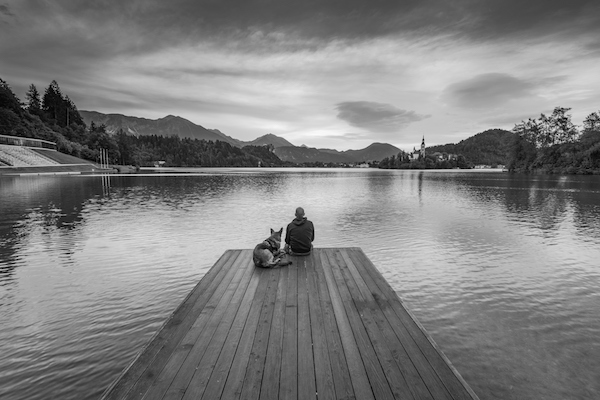If you had a chance to read our recent post about ways to reduce social isolation while living with Parkinson’s, you may be looking for a new adventure that allows you to explore activities you love—or want to try—and connect with people on a similar path as yours.
If that’s the case, we wanted to make sure you knew about a special retreat hosted by the Breckenridge Outdoor Education Center (BOEC).
It’s called Outdoor Active Skit Retreats (OAR) for Parkinson’s, and it’s happening January 21-25, 2019, in Breckenridge, CO at BOEC’s Scott Griffith Lodge.
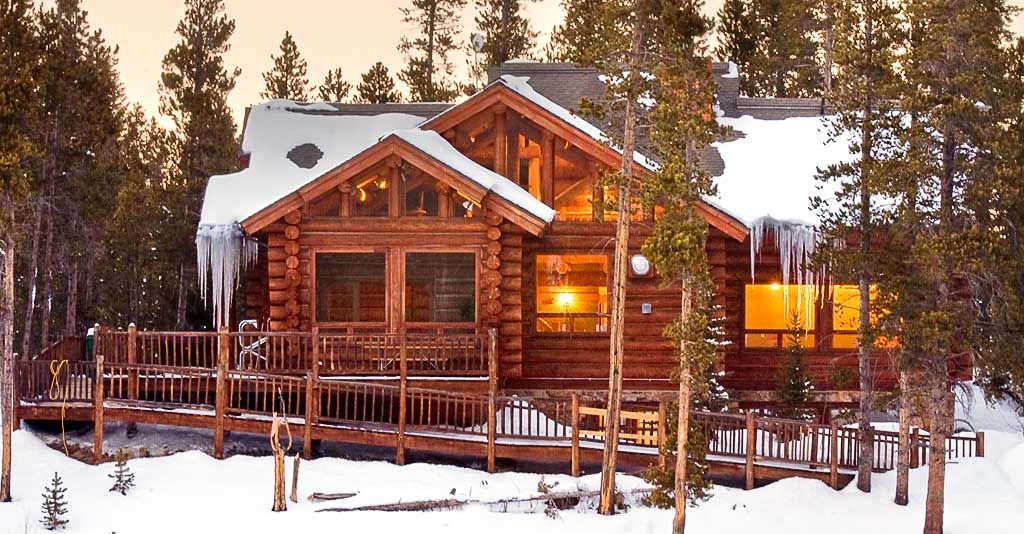
You will spend your time skiing, practicing adaptive yoga, stretching, relaxing and sharing stories about living with Parkinson’s. (No experience is needed to sign up for the retreat.)
You can get all of the details here.
Kevin Kwok, a Davis Phinney Foundation board member said he “had the time of his life” when he did this program earlier this year, and he plans to do it again in January 2019.
When we spoke, Kevin remembered this about his experience:
- The price is surprisingly affordable for everything you get (sometimes they offer stipends, too).
- Everything is taken care of for you. All you have to do is come with an open mind and a willingness to try and you’ll have an experience you’ll never forget.
- The staff is really well-trained, dedicated and committed to helping everyone enjoy the outdoors regardless of the physical challenges they may be facing.
- They build in time for relaxation every day. We enjoyed community meals and yoga and meditation each night.
- The instructors customize activities to fit your comfort and ability level.
- You get treated like a king, and they help you with anything you need, including transportation to and from the airport.
- It’s very possible that if you go, you’ll make friends you’ll have for the rest of your life, just as I hope I have.
For someone who decided to do the program just three days before it started, Kevin said it was the best last minute decision he’s ever made.
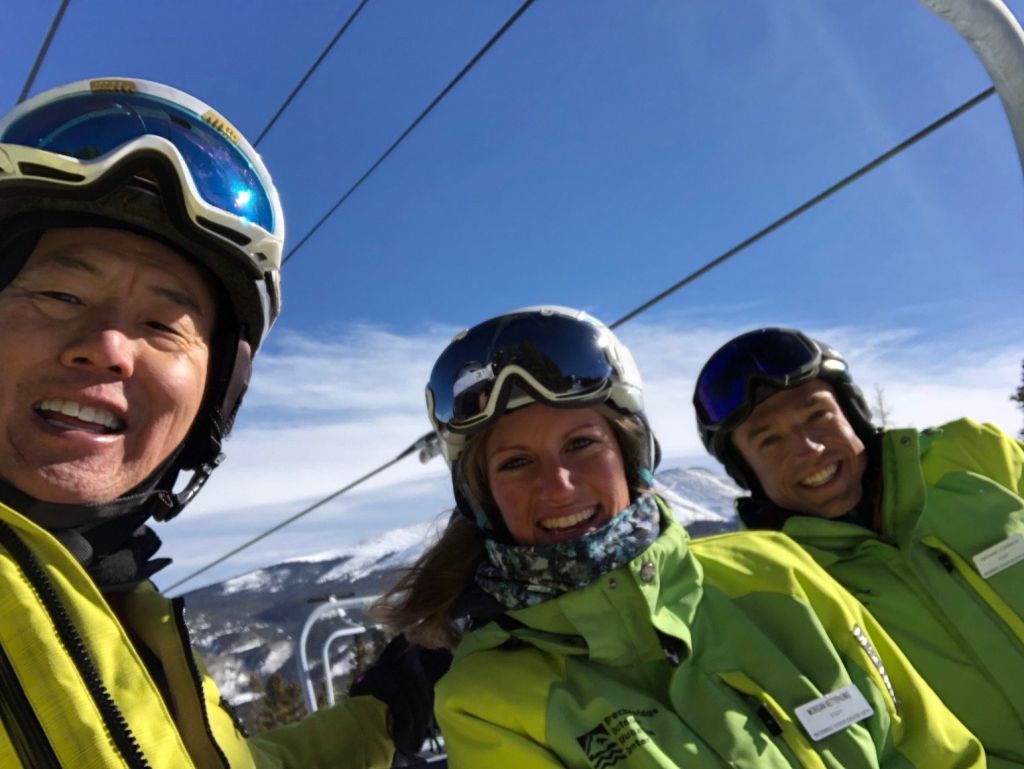
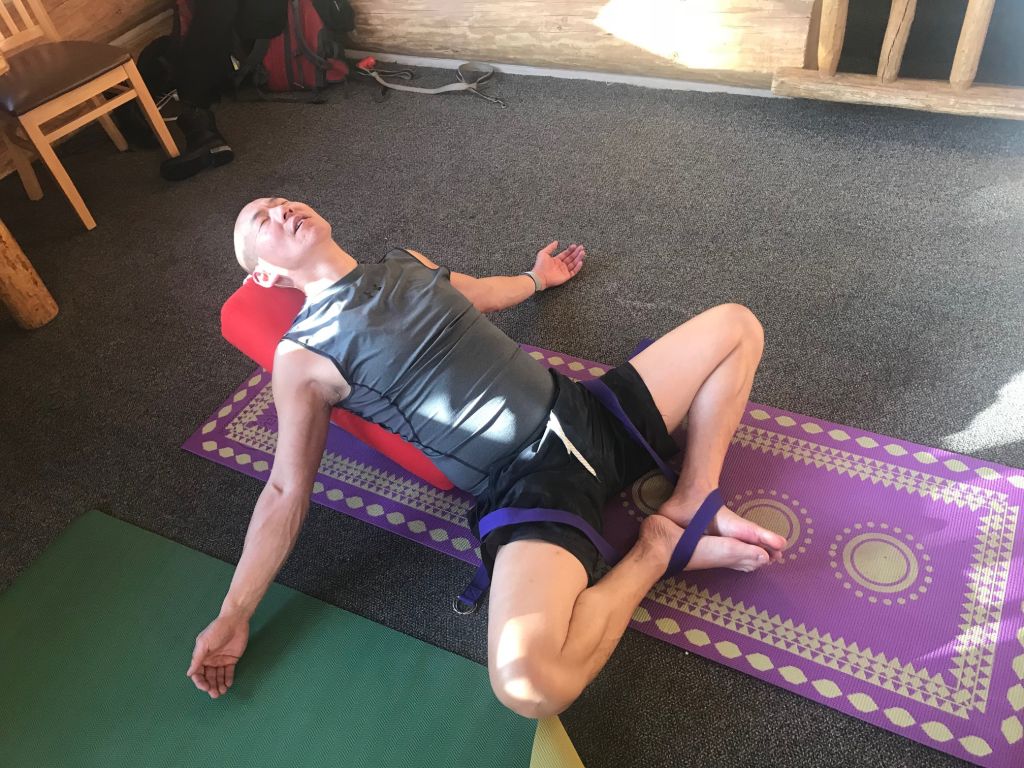
Learn about all of BOEC’s programs here.
Interested in a similar adventure, but want to know what else is out there?
Parkinson’s Wellness Recovery (PWR!®) offers an exercise retreat. This year’s event just passed, but you can check back here for their 2019 date.
Rise (in BC) offers a Parkinson’s Exercise and Wellness Retreat as well. You can learn more about it and watch for upcoming dates here.
Know about an event or retreat in your area that you’d like to share with others? Be sure to leave a comment, let us know why you liked it and we’ll add it to our list.
“What if I don’t have easy access to outdoor adventure trips, but I still want to get outside?”
Calvin: Look at all the stars! The universe just goes out forever and ever!
Hobbes: It kind of makes you wonder why man considers himself such a big screaming deal.
– Bill Watterson
Fortunately, there are many ways to enjoy nature that don’t involve traveling far from home.
And anything you can do in the great wide open will serve you well because, as Florence Williams details in her latest book, the Nature Fix, being in nature makes us happier, healthier, more creative, more empathetic and more apt to engage with the world and with each other.
Furthermore, George MacKerron, an economist at the University of Sussex and developer of the original Mappiness study, discovered through his work that one of the most significant variables that contribute to happiness is not who you’re with or what you’re doing. It’s where you are. On average, people are happier outdoors in green and natural habitats than they are in outdoor urban environments. So, to the extent that it’s possible to surround yourself in green, it would be worth it to do so.
While getting out in nature may be easier for some than others, there are actions all of us can take, no matter where we live, to bring more nature into our lives.
Here are just a few of the ways:
- Spend an hour a day digging, planting and weeding in your garden
- Take your shoes off and let your feet touch the ground, the grass, the Earth
- Practice yoga barefoot in the grass
- Take a blanket to the nearest park and have a picnic with your favorite person (Want to know where the closest park is? Find out here.)
- Take a walk outside first thing in the morning and touch (or hug) a few trees
- Park a mile from your destination and walk the rest of the way while examining all of the trees, clouds and flowers you see
- Read a book on a park bench (If you want to be inspired by fabulous stories of the true power of nature, consider reading this one.)
- Bring nature inside by growing herbs on your windowsill and plants in every room of your house
- Walk, run or ride a different route to work every day
- Collect items from your outdoor travels and use them to create art or bring more of the outside in
- Swim in an outdoor body of water and feel it, listen to it and smell it with all of your might
- Find a sacred outdoor space to call home and return to it each time you need a “nature fix” (This could be a specific bench in a park, a flower bed with your favorite smells, a tree that reminds you of home, a pond where you can hear the frogs…)
- Invite someone to your favorite outdoor spot and make a memory
- Stargaze while nestled in a blanket on your deck or on the grass
- Go on the hunt for dirt roads and the nooks and crannies they lead to
- Eat farm-to-table whenever you get the chance
- Learn a new outdoor activity
- Visit a Botanical Gardens in your area or go to the zoo
- Or anything else you can dream up
Wondering how much nature is enough nature?
Tanya Denckla Cobb, an environmental public policy mediator has a tool for that. She calls it the Nature Pyramid. It’s like the FDA’s food pyramid, but this one has a recommended daily allowance for the amount and types of nature experiences we need to have for a healthy life.
Tim Beatley, a professor at the University of Virginia, adapted Tanya’s idea and created a visual representation for it. As well as a detailed description of how it works, which is well worth the read.
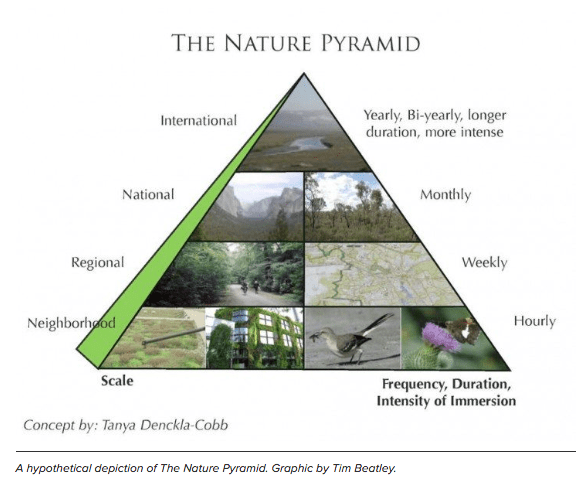
Beatley writes,
“we are hard-wired from evolution to need and want contact with nature. To have a healthy life, emotionally and physically, requires this contact. The empirical evidence of this is overwhelming: exposure to nature lowers our blood pressure, lowers stress and alters mood in positive ways, enhances cognitive functioning, and in many ways makes us happy. Exposure to nature is one of the key foundations of a meaningful life.”
Now’s the time. Get on out there! In Breckenridge, at your nearest park or in your own backyard.


